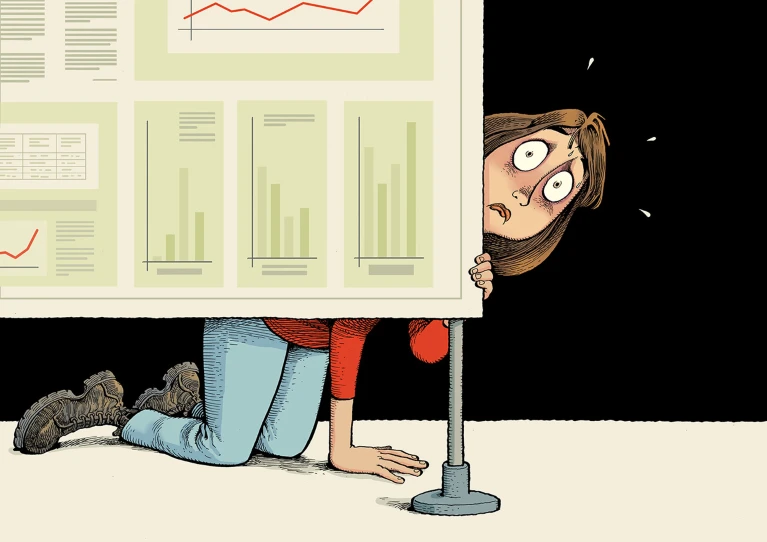September 27, 2024 – Conferences can be nerve-wracking, especially when faced with the unpredictability of a poster presentation. However, as experts emphasize, it’s normal to feel nervous in such settings, and with the right preparation, you can deliver a compelling and confident presentation.
Susan McConnell, a neurobiologist at Stanford University, understands the chaos inherent in poster sessions. “You can’t control when people come and go, or if they’re having side conversations,” she notes, acknowledging that poster presentations are harder to manage than oral ones. McConnell’s advice? Be prepared with two versions of your talk—one short and one long.
The short version should last no more than three to four minutes, focusing on the main research question, methodology, key findings, and why the project is exciting. This allows you to engage multiple groups of visitors without overwhelming them. “It’s exhausting,” McConnell admits, “but you can start to recapitulate that sense of control.” She also recommends having a 15-minute version on hand for those deeply interested in your work, ensuring a smoother flow of conversation.
Mark Freiermuth, a linguist at Gunma Prefectural Women’s University, advocates for seven practice rounds before any presentation. “By the seventh time, it’s always smooth,” he says, emphasizing the importance of rehearsing with familiar faces. Practising in front of colleagues allows you to refine your message, field questions, and become comfortable in your environment. This preparation ensures you’re more relaxed when similar questions arise during the actual conference.
Laurie Dupar, an ADHD coach, highlights the importance of familiarizing yourself with the presentation space ahead of time. If the environment feels uncomfortable, it’s okay to request a change in location to a spot that better suits your needs. “It’s important to advocate for yourself,” she stresses. She also advises attendees to manage their energy levels, particularly those who might feel overwhelmed by large crowds.
Even with careful preparation, nerves can still creep in. McConnell encourages presenters to take breaks during sessions, practicing relaxation techniques like controlled breathing or a brisk walk to manage anxiety. Most importantly, she emphasizes self-compassion: “The audience wants you to succeed. They’re cheering for you.”
With these tips, navigating your next poster presentation doesn’t have to feel daunting. Preparation, practice, and self-care can transform nerves into confidence, helping you make a lasting impression on your audience.











